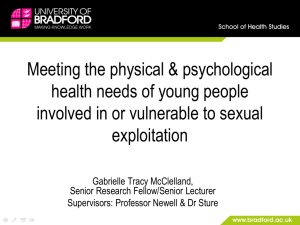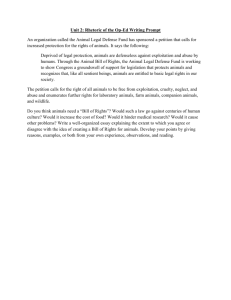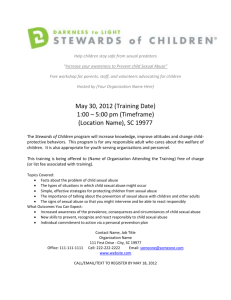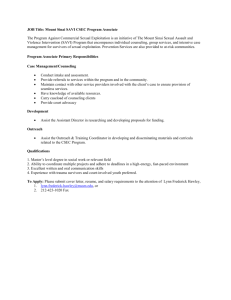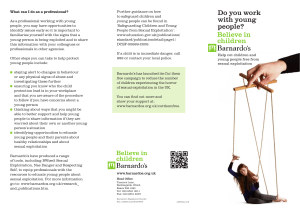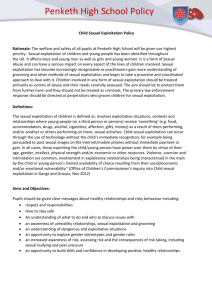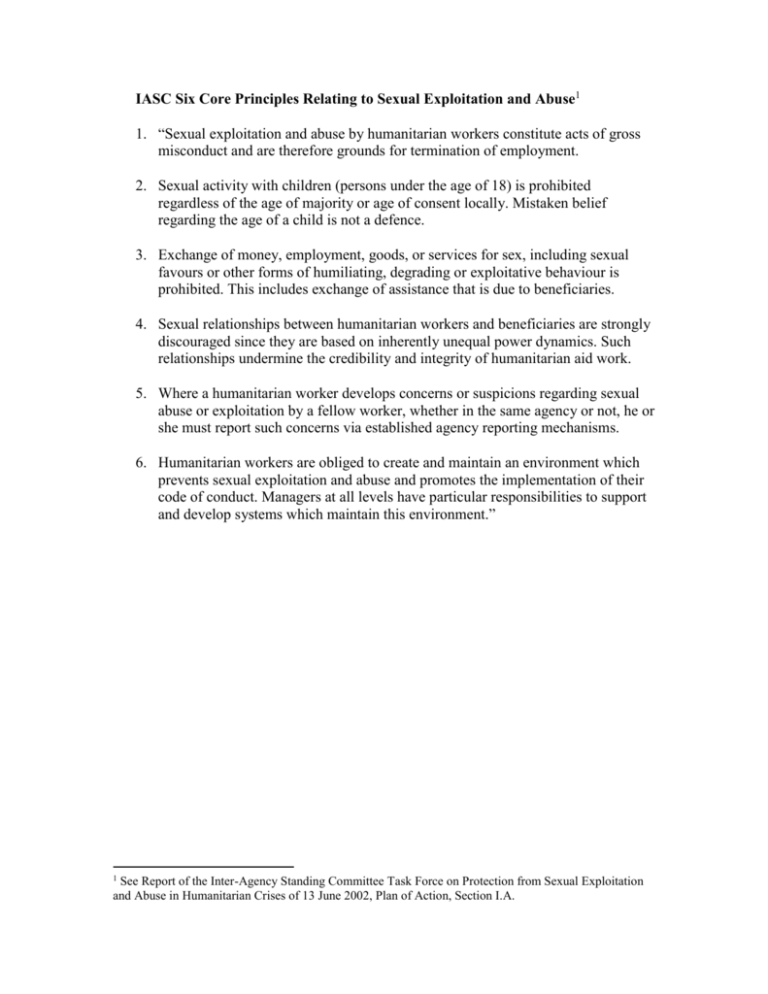
IASC Six Core Principles Relating to Sexual Exploitation and Abuse1
1. “Sexual exploitation and abuse by humanitarian workers constitute acts of gross
misconduct and are therefore grounds for termination of employment.
2. Sexual activity with children (persons under the age of 18) is prohibited
regardless of the age of majority or age of consent locally. Mistaken belief
regarding the age of a child is not a defence.
3. Exchange of money, employment, goods, or services for sex, including sexual
favours or other forms of humiliating, degrading or exploitative behaviour is
prohibited. This includes exchange of assistance that is due to beneficiaries.
4. Sexual relationships between humanitarian workers and beneficiaries are strongly
discouraged since they are based on inherently unequal power dynamics. Such
relationships undermine the credibility and integrity of humanitarian aid work.
5. Where a humanitarian worker develops concerns or suspicions regarding sexual
abuse or exploitation by a fellow worker, whether in the same agency or not, he or
she must report such concerns via established agency reporting mechanisms.
6. Humanitarian workers are obliged to create and maintain an environment which
prevents sexual exploitation and abuse and promotes the implementation of their
code of conduct. Managers at all levels have particular responsibilities to support
and develop systems which maintain this environment.”
1
See Report of the Inter-Agency Standing Committee Task Force on Protection from Sexual Exploitation
and Abuse in Humanitarian Crises of 13 June 2002, Plan of Action, Section I.A.


